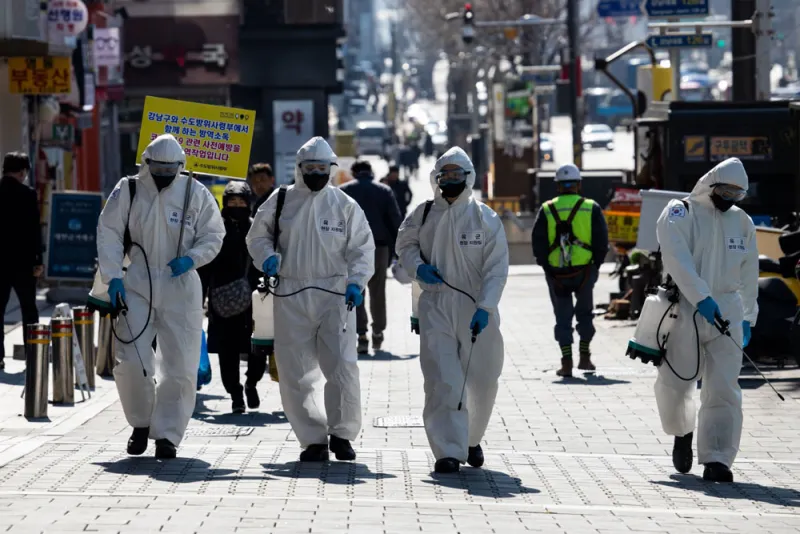At least one private equity firm may be readying for the fallout from the coronavirus by getting creative in a loan deal closed this month, according to credit research firm Covenant Review.
A provision of a loan backing a private equity deal in the middle market allows losses from a non-recurring event to be added back to earnings, Covenant Review said in a report Friday. The provision, which points to losses that might stem from a hurricane, polar vortex, fire, and “other natural disasters,” does not specify coronavirus as an event.
But the absence of the term does not mean “coronavirus-related adjustments cannot be made under the addback,” Covenant Review said. “If the coronavirus outbreak qualifies as a non-recurring event, and we think it very possibly would, then the borrower can add back coronavirus-related lost earnings, subject to the caps.”
The financing was for a leveraged buyout of a manufacturing company that could be hurt by “supply chain disruptions caused by the coronavirus outbreak,” a spokesperson for Covenant Review said in an email. The firm declined to name the companies involved because the deal is private.
“A forthright draftsman would have included specific references either to the corona outbreak or to epidemics in general,” Covenant Review said. “If the aim was instead to hide the ball, then using a non-exhaustive list, and leaving those specific references out, was a good way to do that.”
[II Deep Dive: When Buyout Firms Step in, Watch Out]
Addbacks to ebitda, or earnings before interest, taxes, depreciation, and amortization, have been an area of concern in private equity deals. Aggressive adjustments could inflate earnings to unrealistically high levels, making borrowers seem more credit worthy and possibly giving them more flexibility to pay debt-financed dividends.
S&P Global warned in a September 2018 study that addbacks, often tied to expected cost savings and synergies resulting from mergers, had become more aggressive. In particular, large adjustments in non-recurring operating and restructuring costs could be harder to justify, an S&P credit analyst cautioned at the time.
“Three things are inevitable in this world: death, taxes, and sponsor innovations in the leveraged finance market,” Covenant Review said in its report. Private equity firms, sometimes referred to as sponsors, may be looking after their own interests at the expense of lenders.
The “novel” loan provision cited by Covenant Review says addbacks for losses from non-recurring events won’t exceed 7.5 percent of the company’s trailing twelve-month ebitda, “less any income from business interruption insurance.” Total addbacks, including for synergies and costs savings, are capped at 25 percent of ebitda.
“There is no requirement that the lost earnings be ‘reasonably identifiable, factually supportable or reasonably attributable’ to the non-recurring event,” Covenant Review said. That standard applies only to addbacks made for expected synergies and “run-rate” cost savings.
Lost earnings are difficult to quantify, “leaving room for borrower manipulation,” Covenant Review warned. The credit research firm urged investors to “resist this latest sponsor innovation as it will only get worse.”
Addbacks for earnings losses may help borrowers “incur incremental secured debt and make dividends, investments, and prepayments of junior debt using leverage or coverage ratio incurrence tests” tied to the adjusted ebitda, according to the report.
“This potential dilution of existing creditors and leakage from the credit could happen when the issuer or borrower is in financial distress due to the Coronavirus outbreak,” Covenant Review said. “If a global coronavirus outbreak causes a financial downturn, deals with this type of ebitda addback might leave investors without protections at the most critical point in time.”







